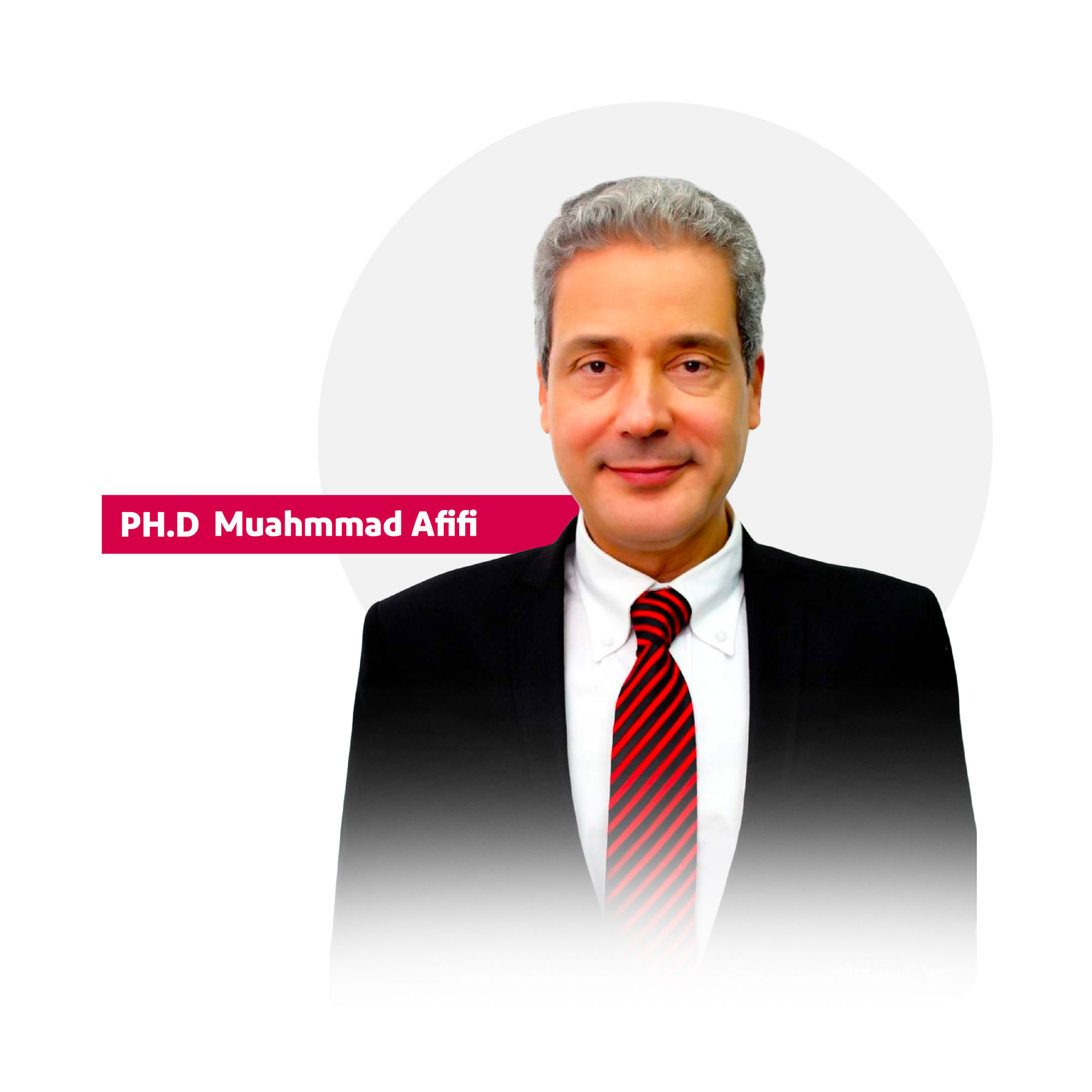
Erbakan and the Kurdish Issue
The Kurdish issue is still a deep-seated problem since the establishment of the Turkish Republic from the ashes of the Ottoman Empire; some attribute this issue to the demise of the religious link that plays a significant role in the Kurds’ engagement in the Ottoman Empire affairs, as it is a guardian of Sunni Islam. On the one hand, the Turkish Republic was not able to make citizenship the new bond that unites the “Turks and the Kurds” in a new secular state, despite Atatürk’s many attempts in this regard, but modern Turkey’s neglect of the cultural rights of the Kurds, especially the Kurdish language, holidays and traditions, has led to the exacerbation of the matter, and the emergence of an extremist Kurdish current, the Kurdistan Workers’ Party, which raises arms in the face of the Empire; therefore the Turkish government considers it a terrorist organization, while it is welcomed among many segments of the Kurdish youth.
With the emergence of political Islam in power in Turkey, especially at the hands of Necmettin Erbakan, the thesis that presents “Islam” as the basis of citizenship, and a national association that once again combines “Turks and Kurds”, returned. Indeed, Necmettin Erbakan, through indirect messages and secret communications since 1997, began negotiating with the Kurds, especially the nationalist elements in their ranks, in an attempt to find a new formula that restores the bond between societies in Turkey, especially the “Turks and Kurds”. However, Erbakan’s attempts failed catastrophically, on the contrary, the Kurdish issue intensified, and Erbakan was forced to abandon this initiative. The Turkish Islamists attribute the failure of this initiative to the increasing pressures from the Turkish right-wing nationalist parties, and to the interventions of the Turkish army generals, who refuse to negotiate with the so-called “Kurdish terrorists.” However, we cannot blame the nationalist parties or the Turkish military institution only; Erbakan himself and his party bear a fair amount of the failure to normalize relations between the “Turks and the Kurds,” as he continued to follow the old policy toward the Kurds, and could not get out of the box, or leap forward, and offer new solutions to address the Kurdish issue.
This might get evident, if we analyze one of Erbakan’s speeches in which he addressed the Kurdish issue; Erbakan was fascinated by the traditional official view, which is to look at and explain things through conspiracy theory, especially foreign conspiracy.
In this speech, Erbakan refers to a US military report, we do not know anything about the validity of its existence. In this report, according to Erbakan, the US military proposes in the 1990s, after Saddam Hussein was struck, the establishment of a Kurdish state in Iraqi Kurdistan, to fill the void in the region after the fall of Saddam’s regime, and to arm this state with weapons seized from Iraqi arms depots. According to Erbakan, America aspires to expand and strengthen the borders of this nascent Kurdish state by annexing parts of “Turkish-Kurdistan” to it, and perhaps also areas of Syrian-Kurdistan. Erbakan points out that America, through its alliance with the Kurds, knows that it will anger Turkey and Iraq, as well as Iran and Syria; however, America believes that the new Kurdish state will impose itself in the region with America’s help, and will even be America’s new right hand in the region!
At this point, we perceive that Erbakan did not deviate much from the traditional official discourse, as he adopted the conspiracy theory, and then the Kurds – or at least enough segments of them – cooperating with the foreign enemy, which constitutes a betrayal of the Turkish state and “Turkish nationalism”. Thus, it was natural for the indirect contacts between Erbakan and Kurdish organizations to fail, not only because of the Turkish nationalist parties, nor the Turkish military establishment, but because there is nothing new that Erbakan offers in order to address the Kurdish issue.
It is important to transcend the old political discourses, and only looking at the Kurdish issue as a security confrontation with terrorism; it is better move to the future by increasing development projects in the Kurdish states, expanding the scope of the cultural and political rights of the Kurds, and implementing local government in the Kurdish regions in accordance with the standards of the European Union. All this will help to further integrate the Kurds into the structure of the Turkish state, and move beyond the past to a new and more realistic citizenship.

